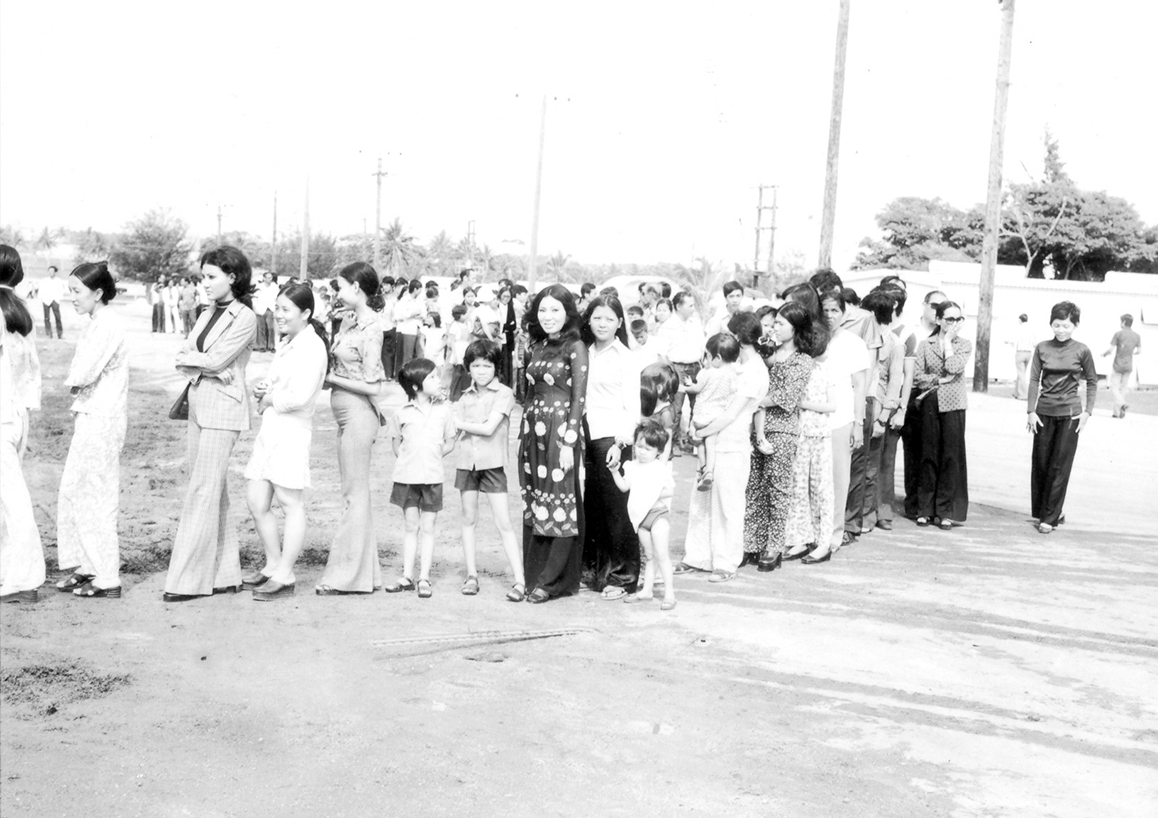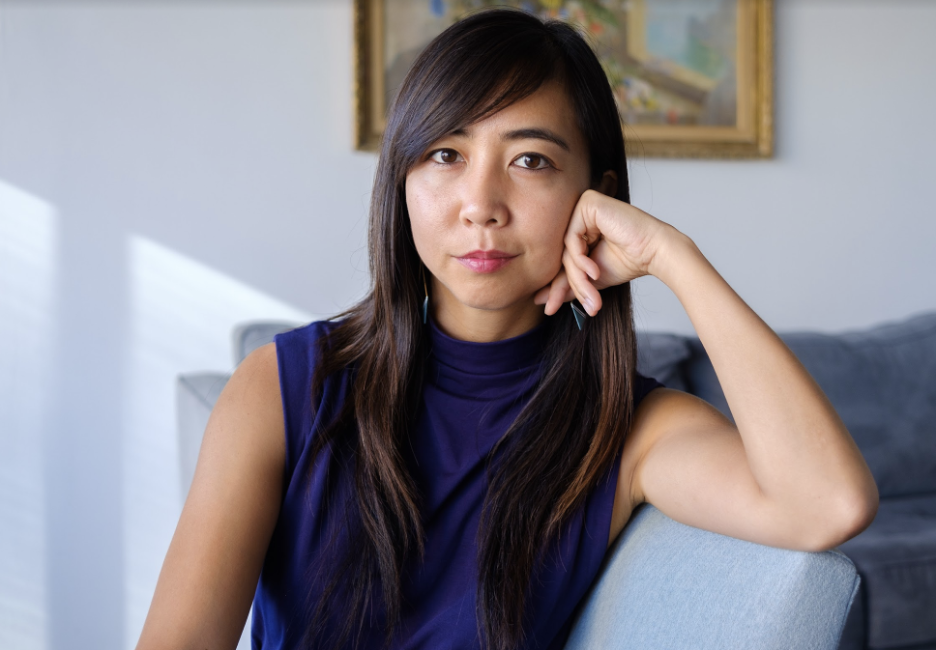“Intergenerational Memories of Operation New Life: A Feminist Refugee Approach to Vietnamese American Narratives in Guåhan”
Following the end of the Vietnam War in April 1975, Guåhan, or Guam, home of the CHamoru people and an unincorporated territory of the United States, served as the first major US processing center for Vietnamese refugees. Although just 210 square miles with a 1975 population of roughly 93,000, Guåhan hosted over 112,000 refugees over the course of six months during Operation New Life. 2025 marks the 50th anniversary of the end of the Vietnam War and the start of Operation New Life—a timely moment to examine intergenerational memories of this operation.
The goals of this project are twofold. First, I will travel to Guåhan during summer 2025 to participate in a Luce Foundation-funded project led by my collaborator, Dr. Nam C. Kim (University of Wisconsin-Madison), entitled “Exploring the Legacies of Operation New Life” During the first two weeks of my trip, we will host a series of community engagement events (workshops, gatherings, public lectures, and site visits for former refugee camps) and conduct oral histories interviews. Our goal is to collect memories of Operation New Life from refugees, their descendants, and Guam community members who assisted the refugees during Operation New Life. These oral histories will be collected and displayed publicly, for additional research access. We will interview Vietnamese Americans still living in Guåhan, as well as those who live elsewhere but plan to visit Guåhan this summer to take part in our 50th anniversary commemorative programming.
During the third week of my trip, I intend to conduct oral history interviews with Vietnamese American farmers in Guåhan for a paper I hope to write on refugee settler farming practices. During research conducted at the UC Irvine Southeast Asian Archive in preparation for our “Remembering Saigon: Journeys through and from Guam” public history exhibit, my co-curator Trinh Dang (UC Irvine) and I came across a proposal for the “Establishment of a Vietnamese Farming and Fishing Cooperative (V.F.A.F.C.) on GUAM,” hand-written by Vietnamese refugees who wished to stay in Guåhan and contribute to the local economy rather than continue onwards to the continental United States. I plan to follow this proposal into the contemporary moment, speaking to current Vietnamese American farmers in Guåhan to see how they understand their relationship to Indigenous lands and waters and the ongoing Chamoru decolonization movement.
This twofold research project is motivated by a feminist refugee approach: one that attends to intimate and domestic stories of displacement and resettlement, and that focuses on the intergenerational transfer of these stories within families and between interlocutors and researchers. I engage with transnational feminist approaches that attend to the gendered dimensions of settler militarism and Indigenous feminist scholarship that theorizes native resurgence.
People
Evyn Lê Espiritu Gandhi
Naomi Zewde is an assistant professor in the Department of Health Policy and Management UCLA’s Fielding School of Public Health, where she teaches economics and policy analysis to public health students. Zewde’s research evaluates the effects of social policies on healthcare access and economic wellbeing for households across the income distribution.



